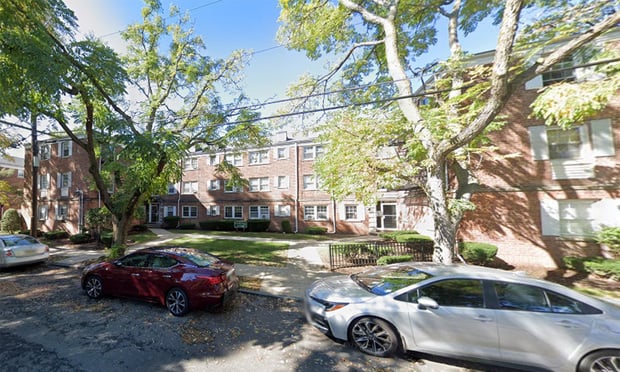According to financial results released Friday, Blackstone's real estate segment generated negative revenues of $477.8 million for Q4, compared to negative revenues of $273.7 million for Q3 2008 and $113.5 million in positive revenues for Q4 2007. The company says the decline was driven principally by "a net depreciation in the fair value of certain investments in the office and hospitality portfolios, which reflects both increases in capitalization rates and revised operating projections."
Similarly, the real estate segment produced negative numbers for the year as a whole, losing $718 million in '08 where it generated $1.3 billion in revenues for '07. Here, the company attributed the reversal to "a net depreciation in the fair value of the portfolio holdings in the real estate funds." Q4 saw a total deployment of $258.6 million in limited partner capital. That compares to $4.04 billion deployed in Q4 '07.
In a release, Blackstone cites a host of macroeconomic trends as the backdrop for its Q4 performance: declining world markets that brought the full-year results to "the worst experienced since the Great Depression"; a combination of de-levering by institutional investors and their need for liquidity, "which further stressed already weak markets across many asset classes"; a 40% to 60% decline in equity markets across North America, Europe and Asia; steeply declining commodity prices; comparable declines in credit indices; "very limited" securitization markets during '08; and weakening commercial real estate fundamentals. The company's performance last year was hardly unique among private equity firms, as the sector in general took a drubbing.
With it all, Blackstone ended 2008 with $504 million in available cash, "which exceeded all outstanding borrowings," according to a release. In a statement, Stephen Schwarzman, chairman and CEO, called '08 "one of the most challenging operating environments in the last several decades." He adds that the company "ended the year with substantial dry powder across our real estate, private equity and credit businesses, and think we are well poised to make highly attractive investments in the years ahead. Severe market dislocations have meaningfully altered the competitive landscape and our competitive position remains very strong in all our businesses."
In a conference call on Friday, Schwarzman offered insights into the company's current investment strategy. "Right now we like higher quality, senior secured debt, bank debt where we can generally get attractive returns with quite low risks," he said. "We also believe there's a huge supply of very attractive restructuring opportunities on the way." In the distressed-debt market, Blackstone is launching a new fund "that will provide focus on rescue financing to the companies in need of liquidity."
Schwarzman pointed out that 60% of Blackstone's companies have no covenants, and 90% of its debt maturities occur after 2012. "So we have several years to deal with the current situation before we deal with debt maturities."
Want to continue reading?
Become a Free ALM Digital Reader.
Once you are an ALM Digital Member, you’ll receive:
- Breaking commercial real estate news and analysis, on-site and via our newsletters and custom alerts
- Educational webcasts, white papers, and ebooks from industry thought leaders
- Critical coverage of the property casualty insurance and financial advisory markets on our other ALM sites, PropertyCasualty360 and ThinkAdvisor
Already have an account? Sign In Now
*May exclude premium content© 2024 ALM Global, LLC, All Rights Reserved. Request academic re-use from www.copyright.com. All other uses, submit a request to [email protected]. For more information visit Asset & Logo Licensing.








